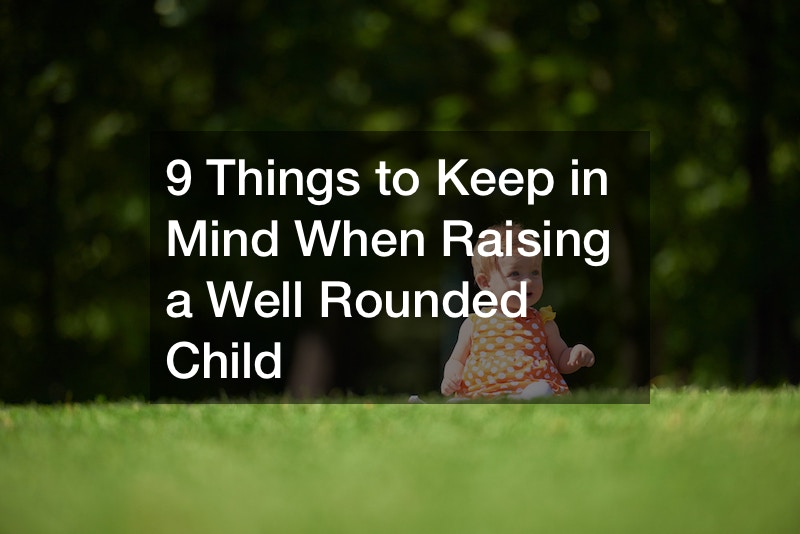As a parent, the prospect of enrolling your little one in a childcare program can be both exciting and nerve-wracking. Ensuring that you have the right supplies packed is a crucial step in making this transition smooth for both you and your baby. In this guide, we’ll explore essential baby care supplies that are often overlooked, providing valuable insights from a childcare provider’s perspective.
1. Bottles:
Before your child embarks on their childcare journey, it’s essential to clarify the center’s policy on bottles. Some childcare services prefer pre-made bottles, while others allow on-site preparation. For formula-fed babies, consider leaving extra bags in the freezer at the center to accommodate potential growth spurts.
2. Food:
When introducing solids, send familiar foods your baby has already tried at home. This not only avoids potential allergic reactions but also ensures a smoother experience for your child. Cut up the food into small pieces beforehand to save time for the childcare providers and reduce the risk of choking.
3. Sippy Cups:
Opt for spill-proof sippy cups. These are not only convenient for your child but also appreciated by the childcare teachers dealing with multiple little ones. Ensure proper labeling to prevent mix-ups.
4. Bibs:
Label and pack plenty of bibs, especially if your child is prone to messes during meals. Silicone bibs can be a practical choice, catching food and making cleanup a bit easier.
5. Burp Cloths:
If your child still needs burping, pack enough burp cloths and inform the childcare providers if your child is an especially speedy burper. Labeling is key to prevent any mix-ups in a busy childcare environment.
6. Multiple Changes of Clothes:
Children can be unpredictable, and accidents happen. Pack several changes of clothes, including onesies, pants, shirts, and socks. This ensures that your child remains comfortable throughout the day.
7. Diapers:
While some programs allow parents to drop off bulk boxes, it’s crucial to ensure they are the convenient tear-off kind. Spare the childcare teachers the hassle of undressing a fussy baby just to change a diaper.
8. Wipes:
Stock up on wipes, as they come in handy not only for diaper changes but also for cleaning hands and faces. Proper labeling is essential to avoid any confusion.
9. Diaper Creams, Ointments, and Baby Powder:
Label any creams or ointments your child may need, and ensure they are in compliance with the childcare center’s regulations. Most over-the-counter options are acceptable, but always check beforehand.
10. Pacifier:
If your child uses a pacifier, choose one with a clip to prevent frequent drops and subsequent contamination. Label the pacifier to ensure it stays with your child.
11. Crib Sheet:
Provide a fitted crib sheet of the exact size to ensure your child’s safety. Check with the childcare center regarding their policy on crib sheets, as some programs provide and launder them.
12. Optional Comfort Items:
Consider leaving a blanket or soft comfort toy for your child’s comfort during awake times. Ensure these items are safe for use when your child is not in their crib.
13. Seasonal Items:
For outdoor activities, pack seasonal items such as coats, hats, sunscreen, and shoes. Childcare services often aim to take children outside for fresh air, weather permitting.
14. Medication:
If your child requires medication for a chronic condition, follow the center’s procedures for sending it in. Label all medications clearly and provide necessary authorization forms.
15. Drop-Off Strategy:
While not a physical supply, a practical tip is to drop off all supplies in advance on your child’s visit day or before their first day. This ensures that everything is in order and allows you to focus on the emotional transition rather than unpacking supplies on the first day.
16. Communication Tools:
Maintaining open communication with childcare providers is essential. Provide contact information and any relevant details about your child’s routine, preferences, and medical needs. This helps caregivers better understand and cater to your child’s individual requirements.
17. Comforting Items from Home:
Consider sending along familiar items from home, such as a favorite blanket or stuffed animal. These comforting objects can provide reassurance and help ease any separation anxiety your child may experience.
18. Emergency Preparedness Supplies:
In addition to everyday essentials, it’s wise to pack a small emergency kit with items like band-aids, antiseptic wipes, and a thermometer. While childcare services typically have their own first aid supplies, having a personal kit ensures you’re prepared for minor incidents.
19. Personal Hygiene Products:
Don’t forget to include personal hygiene items like hand sanitizer, lotion, and diaper disposal bags. These small but essential items can contribute to your child’s comfort and cleanliness throughout the day.
20. Snack Options:
Pack healthy snack options that are easy to eat and nutritious. Check with the childcare center regarding any specific dietary restrictions or guidelines they may have in place.
In conclusion, preparing the right baby care supplies for childcare programs involves thoughtful consideration and planning. By addressing these essential items and following the insights from childcare providers, you contribute to creating a safe and comfortable environment for your child. Remember, effective communication with childcare services and proper labeling go a long way in ensuring a smooth start for your little one in their new childcare setting.
.



